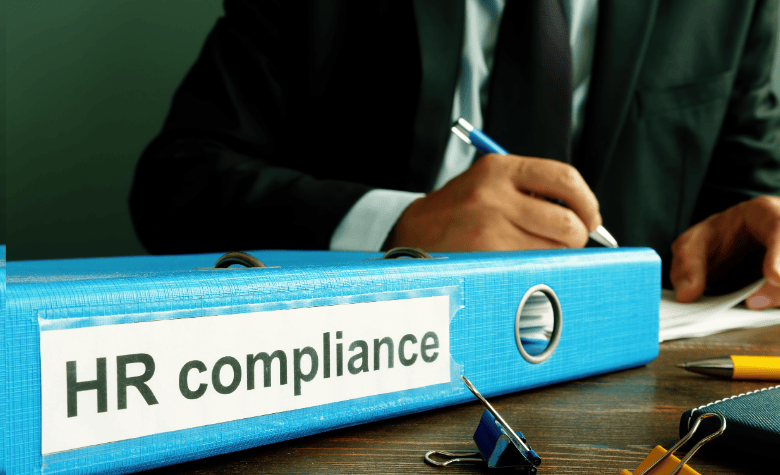Traditional performance reviews are cumbersome and only held once or twice a year. In today’s dynamic work environment, performance reviews should support employee growth, engagement, and performance. Performance reviews should explore employee development, expectations, and future growth opportunities, not criticism or judgment. When conducted with the right mindset and strategy, performance reviews can improve employee-manager …
Employee retention reflects the overall health and culture of a company, not just the reported decrease in turnover. High employee retention indicates that employees are happy, motivated, and committed to the company’s long-term goals. High employee turnover not only leads to lost productivity but also increases recruitment costs and damages team spirit. HR managers must …
In modern businesses, HR’s role extends beyond recruitment and payroll. One of HR’s most important responsibilities is to support employee well-being. Employee well-being encompasses physical, mental, emotional, and financial health, which impacts performance, morale, and retention. A healthy workforce is more productive and engaged and has lower absenteeism. When employee well-being is valued, they feel …
Successfully and legally managing a workforce is fundamentally dependent on HR compliance. This includes ensuring that a company complies with all local, state, and federal labor regulations, as well as internal rules and regulations that govern the treatment and management of employees. Ignoring regulations can have serious consequences, including lawsuits, fines, and reputational damage. Labor …
Recruitment has evolved dramatically recently. Rapid technological advances, changing employee expectations, and global events like the pandemic have fundamentally changed the way companies identify and attract talent. Recruitment is no longer about posting a job ad and waiting for candidates to flock to the job. Today, recruitment requires strategic planning, a strong employer brand, and …
The global workforce has changed significantly recently, with many companies now permanently adopting a remote work model. This change has also changed the way teams function, coordinate, and interact with each other. Managing remote teams requires HR leaders to employ various strategies that combine structure with flexibility. Time differences, communication barriers, isolation, and loss of …
Workplace The culture of the workplace is the foundation of any profitable business. It influences how employees interact, make decisions, and complete their work. A healthy workplace culture creates an atmosphere of belonging, fosters collaboration, and increases the satisfaction of employees. When employees feel appreciated and valued, they are more likely to remain in a positive and …







